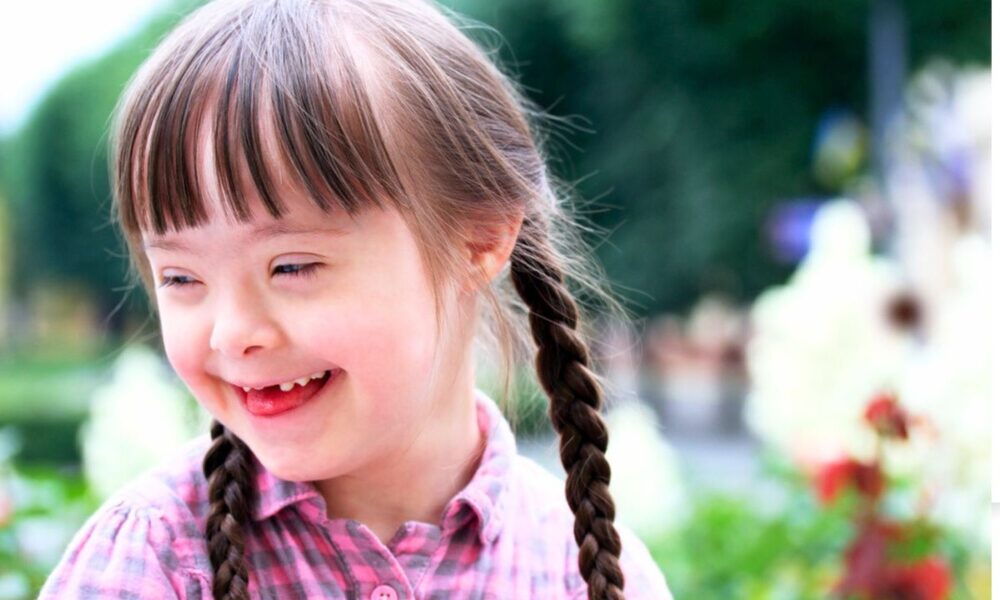Advancements in prenatal screening have enabled early detection of genetic conditions like Down syndrome. But in some parts of the world, this progress has quietly led to the near-eradication of individuals with the condition — long before birth.
In Iceland, around 85% of expectant mothers undergo first-trimester genetic screening. Nearly 100% of those who receive a prenatal diagnosis of Down syndrome choose to terminate the pregnancy. Only two or three babies with the condition are born there each year.
Denmark reports a termination rate of over 95%. In France, it’s around 77%. These numbers have sparked concern among ethicists and disability advocates, who warn of a troubling cultural shift: one that frames the existence of disability as undesirable — and preventable.
The American Context
In the United States, where prenatal screening is optional and unstandardized, the termination rate after a Down syndrome diagnosis ranges from 60% to 90%, depending on geography, access to care, and socioeconomic status.
Despite these figures, advocacy groups like the National Down Syndrome Society (NDSS) offer a different perspective. According to their 2022 Fact Sheet, life expectancy for individuals with Down syndrome has risen from 25 years in 1983 to more than 60 years today. People with the condition increasingly live independent lives, attend school, hold jobs, and contribute meaningfully to their communities.
“Contemporary Eugenics” and the Role of NIPT
The AMA Journal of Ethics has raised a pressing question: Are today’s prenatal screening practices — particularly non-invasive prenatal testing (NIPT) — a modern form of eugenics?
Unlike the coercive eugenics of the 20th century, contemporary eugenics doesn’t require state enforcement. It operates subtly through individual decisions, medical norms, and cultural assumptions about what kinds of lives are “worth living.” NIPT, which detects chromosomal conditions like Down syndrome as early as 10 weeks, may give the illusion of “informed choice” while implicitly devaluing disability.
“Even making screening available for Down syndrome… is already, by definition, suggesting that they are not valued reproductive outcomes,” the article states.
The concern, as the authors put it, is that society may be shrinking the definition of “normal” while expanding the definition of “abnormal” — a shift driven not by malice, but by medicine, convenience, and silence.
Frank Stephens: A Voice for the Valued
That silence was broken in a viral speech by disability advocate Frank Stephens, who has Down syndrome and testified before Congress:
“I would like to make three points. First, we are a medical gift to society — a blueprint for medical research into cancer, Alzheimer’s, and immune system disorders.
“Second, we are an unusually powerful source of happiness. A Harvard-based study found that people with Down syndrome, as well as their parents and siblings, are happier than society at large. Surely happiness is worth something.
“Finally, we are the canary in the eugenics coal mine. We are giving the world a chance to think about the ethics of choosing which humans get a chance at life.”
His testimony reframes the conversation: not just about disability, but about who gets counted as human — and what it means when entire categories of people begin to disappear.
A Local Voice of Compassion
Monty Bennett, a Dallas-based hotelier and philanthropist, is also the Publisher of The Dallas Express. But for Bennett, advocacy on behalf of children with disabilities is not just professional — it’s personal.
As the father of a special needs child, Bennett has witnessed both the challenges and the beauty of raising a child the world doesn’t always understand. His experience has shaped his lifelong commitment to supporting and defending the value of every human life.
“Every life has a divine purpose, regardless of what chromosomes they carry,” Bennett told The Dallas Express. “As the father of a special needs child, I’ve seen the challenges — and the incredible joy — that come with raising someone the world often overlooks. It breaks my heart to think of how many lives — full of love, dignity and joy — are quietly erased before they ever get a chance.
“Our son is an incredible blessing,” he added. “If society measured value not by perfection but by compassion, children like him would be at the top of every list.”
Bennett has long supported the development of early childhood programs that serve children with Down syndrome and other developmental disabilities. His philanthropy reflects a broader conviction — that children born with special needs deserve not just protection, but opportunities to thrive in a world that too often doubts their worth.
Reframing the Future
Disability rights advocates say the real danger isn’t just the test — it’s the unspoken cultural script that surrounds it. Campaigns like “Don’t Screen Us Out” warn that prenatal screening, especially when not accompanied by balanced counseling, becomes a method of informal eugenics.
Choice, they argue, is only meaningful when society embraces the full spectrum of life — and supports parents, no matter the diagnosis.
As prenatal technology advances, we’re forced to reckon with what it reveals about us: Are we simply diagnosing? Or are we deciding who gets to be born?


